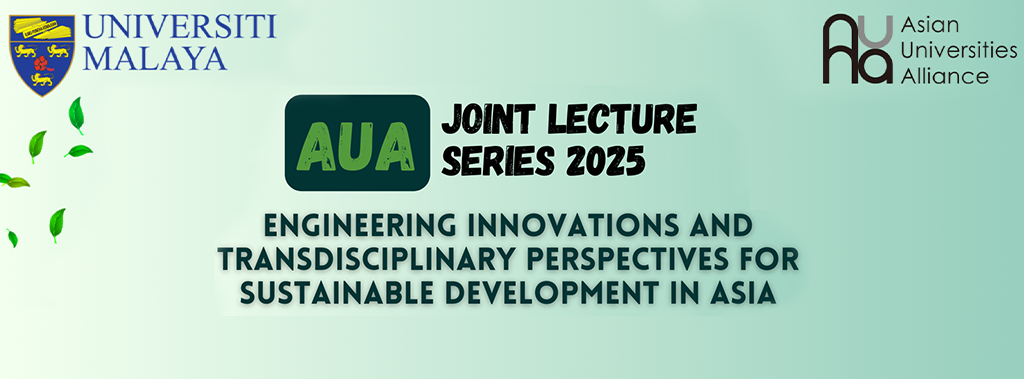Theme: Energy Strategies: The Singapore Experience – A Small, Resource Constrained And (Single) Fuel Import Dependent Economy
Professor: Prof. David Clive BROADSTOCK, Senior Research Fellow Energy Economics Division Head, Energy Studies Institute, National University of Singapore
Date: 6 December 2022 (Tuesday)
Time: 18:00-19:30 (UTC+8)
Main points:
1. Characterize energy markets
2. The broad issues of energy transitions in Singapore
3. Local efforts on tackling energy transition issues
Summary:
Professor Broadstock started the lecture by defining energy transition and the importance of achieving it in the case of Singapore. Due to its high hydrocarbon content in the fuel mix, which is used to generate electricity, and long-run decarbonization strategies, there is a dire need for the energy transition in the hope for the prioritized use of clean energy in the power generation sector. The country has been highly dependent on natural gas, which comprises 95% of the electricity generated. External instability caused internal disturbance of resources as Singapore is highly dependent on other countries, resulting in quite unstable prices. Therefore, the energy transition is urgently needed in Singapore compared to other countries.
The power market structure in Singapore flows from foreign countries that supply natural gas through pipes or shipment to power generation and suppliers within the country itself, finally delivered to residential and business consumers for end uses. The immense pressure and risk faced by the local market will likely persist with the stagnant high price of energy. Professor Broadstock presented several graphs to show the overall trend of energy prices in Singapore over the past few decades. A spike in price caused by global energy markets has always been accompanied by a return to an acceptable level shortly after, but this time energy prices are unlikely to scale down in the near future.
In the last section, Professor Broadstock illustrated the Singapore story of how the local energy market authority proposed the transition pathways in the Energy 2050 Committee Report. Since the country should not solely rely on energy imports, the composition has gradually shifted to geothermal and hydrogen sources. Solar is not a viable alternative for Singapore due to the limited land space. Broader policy content includes carbon pricing policy, nationally determined contributions, and long-term strategy on decarbonization. The lecture concluded on the note that Singapore has to constantly be aware of the threats caused by global issues and work its way out on managing energy imports and being self-sufficient.
(The summary is written by student assistant Yu Dian.)
*The views and opinions expressed in this lecture series are those of the guest lecturers. They do not purport to reflect the opinions or views of the AUA or its members or its Secretariat.

